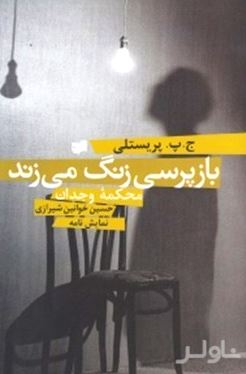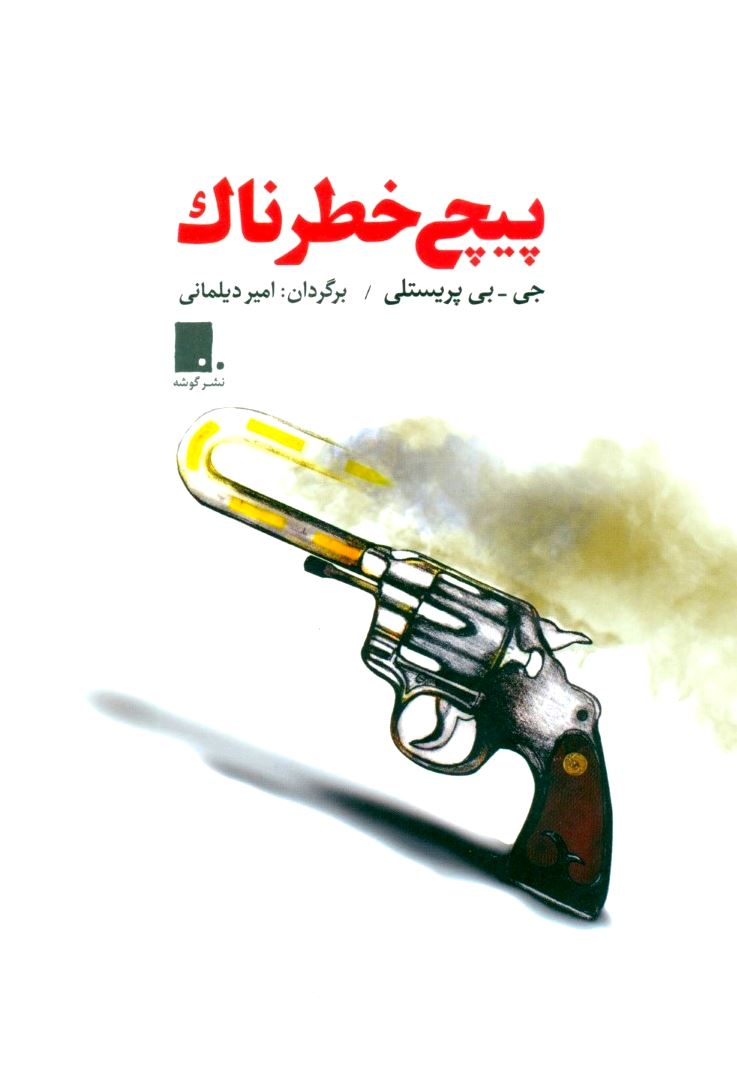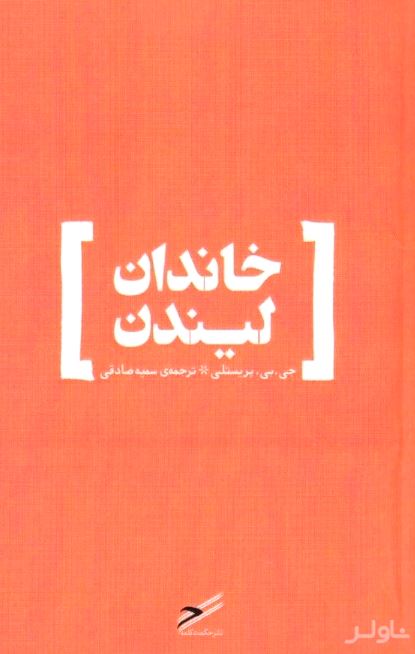|
نویسنده :
جان بوینتن پریستلی
ناشر :
نقد افکار
۳/۷ از ۵
|
۱ | ||
|
نویسنده :
جان بوینتن پریستلی
ناشر :
گوشه
۰ از ۵
|
|||
|
نویسنده :
جان بوینتن پریستلی
ناشر :
حکمت کلمه
۳/۷ از ۵
|




